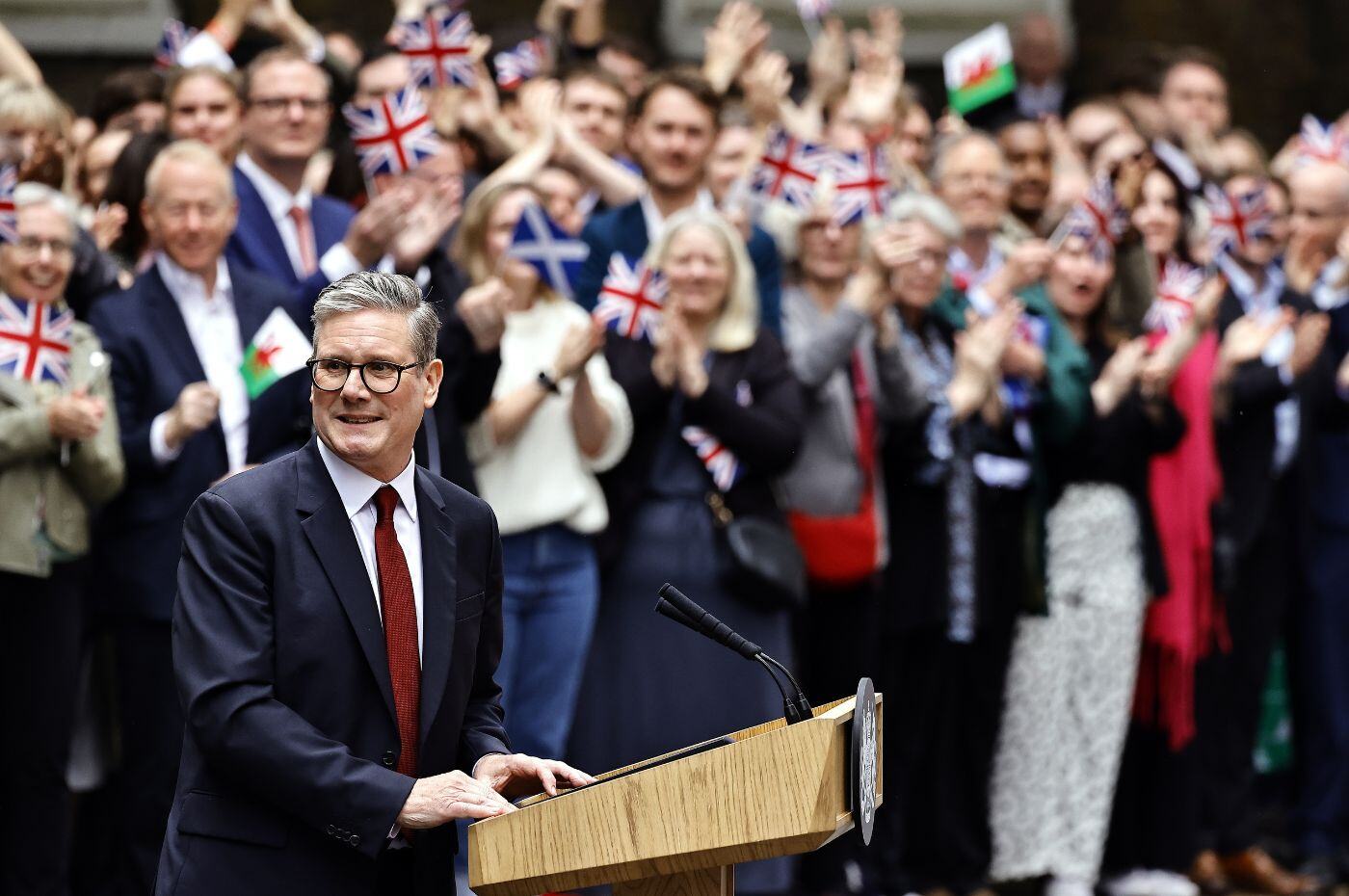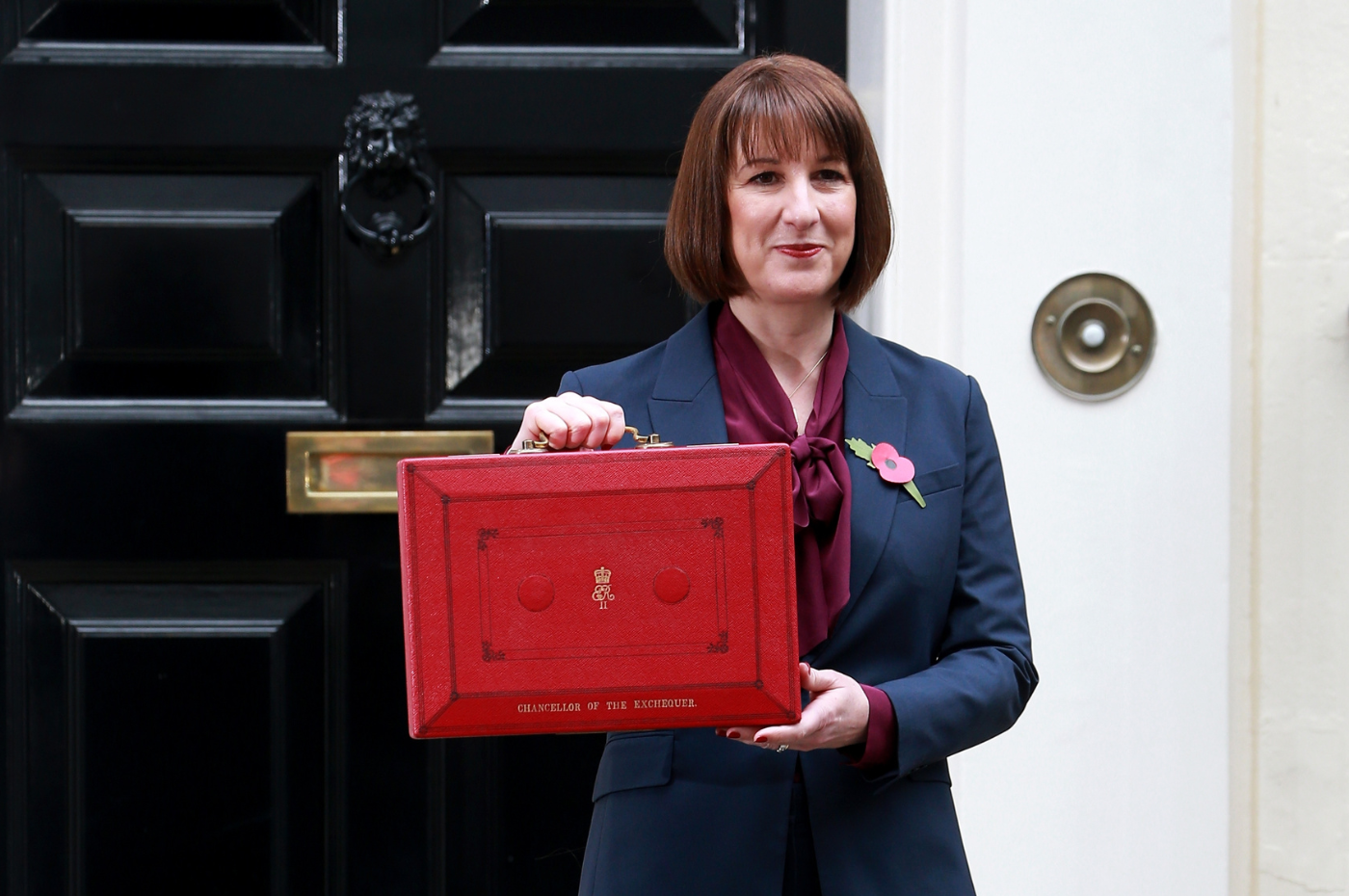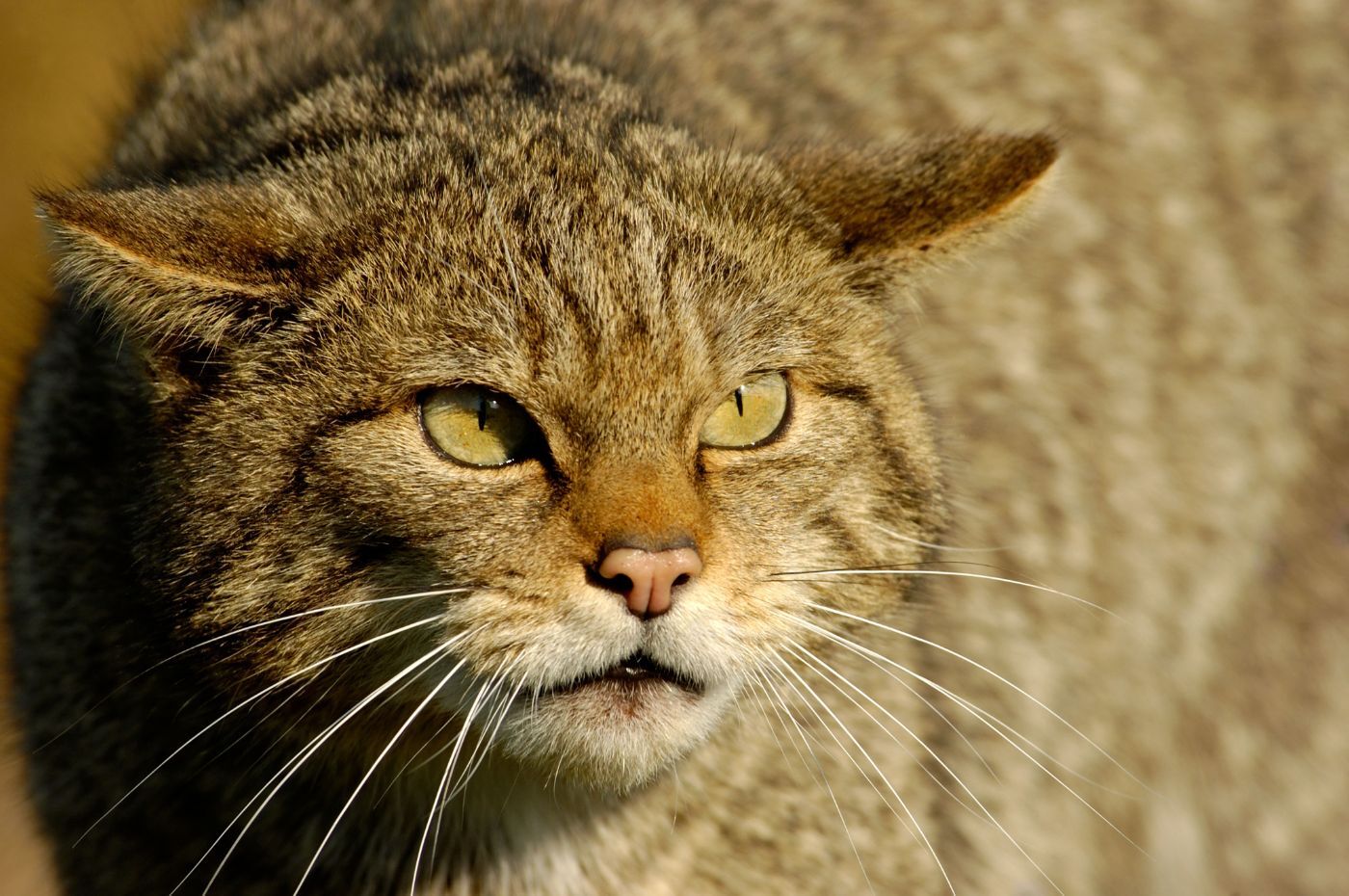Budget 2025: What it means for the countryside
Yesterday (26 November) the Chancellor of the Exchequer rose to deliver a...
View Details
The Alliance has, as ever, been at all the major party conferences over the past few weeks and our fringe meetings generated plenty of interesting discussion. These gatherings of the party faithful have also been an opportunity to gauge the approach of the parties to rural issues after the political earthquake of the summer. The immediate conclusion is that there are significant challenges in promoting the agenda of rural communities with all three, but for very different reasons.
The Liberal Democrats benefitted most from the electorate’s rejection of Conservative candidates in rural constituencies where they were the obvious alternative. The party now has a very high proportion of rural MPs, probably more than at any time in its recent history. Yet it somehow does not yet feel like a party of the countryside. Of course, there are long-serving MPs like Tim Farron and Alistair Carmichael (who is the new chair of the EFRA Committee) who have a track record on rural issues, but the influence of the swathe of new Lib Dem MPs from counties like Dorset, Oxfordshire, Gloucestershire and Cambridgeshire, as well as more traditional Lib Dem rural strongholds, has not yet fed through to the party’s policy agenda.
The 121 Conservative MPs who survived the General Election are almost exclusively from rural constituencies. The issue with the Conservative Party is not that it does not see itself as the party of the countryside, but that it has yet to fully understand how its approach to the rural issues - particularly in the post-Brexit years - contributed to its electoral catastrophe. An agenda that prioritised ‘eye catching’ legislation championed by animal rights activists whilst it signed trade deals which compromised animal welfare and disadvantaged UK farmers was inconsistent and incoherent. How nothing should have mattered more to the party that championed Brexit than the delivery of domestic agricultural policy that distanced itself from the evils of the Common Agricultural Policy and put a prosperous countryside front and centre in the battle against climate change and biodiversity decline.
Then there is Labour. The party of government with a huge majority and a significant cohort of well over a hundred MPs with significant rural areas in their constituencies. Individually many of these new MPs have an interest in rural issues and a commitment to the rural communities that they represent, but the party has come from such a low base after its wipe out in the countryside in 2019 that it has nearly no infrastructure or corporate knowledge on rural affairs. There does seem to be a willingness from newly-elected rural Labour MPs to address these gaps, and the approach of Ministers seems to be open to rural interests. The concern, however, is that given the many other longstanding interest groups wrestling for priority and resources, rural communities will miss out unless there is a strong voice within the Labour Party for the countryside.
We live in interesting political times and the Alliance is working hard to navigate this new political landscape for rural communities and everyone who loves the countryside.

Yesterday (26 November) the Chancellor of the Exchequer rose to deliver a...
View Details
The Countryside Alliance says rural crime is outpacing policing, with rising...
View Details
If you have ever seen a wildcat in the British countryside you are very lucky....
View Details